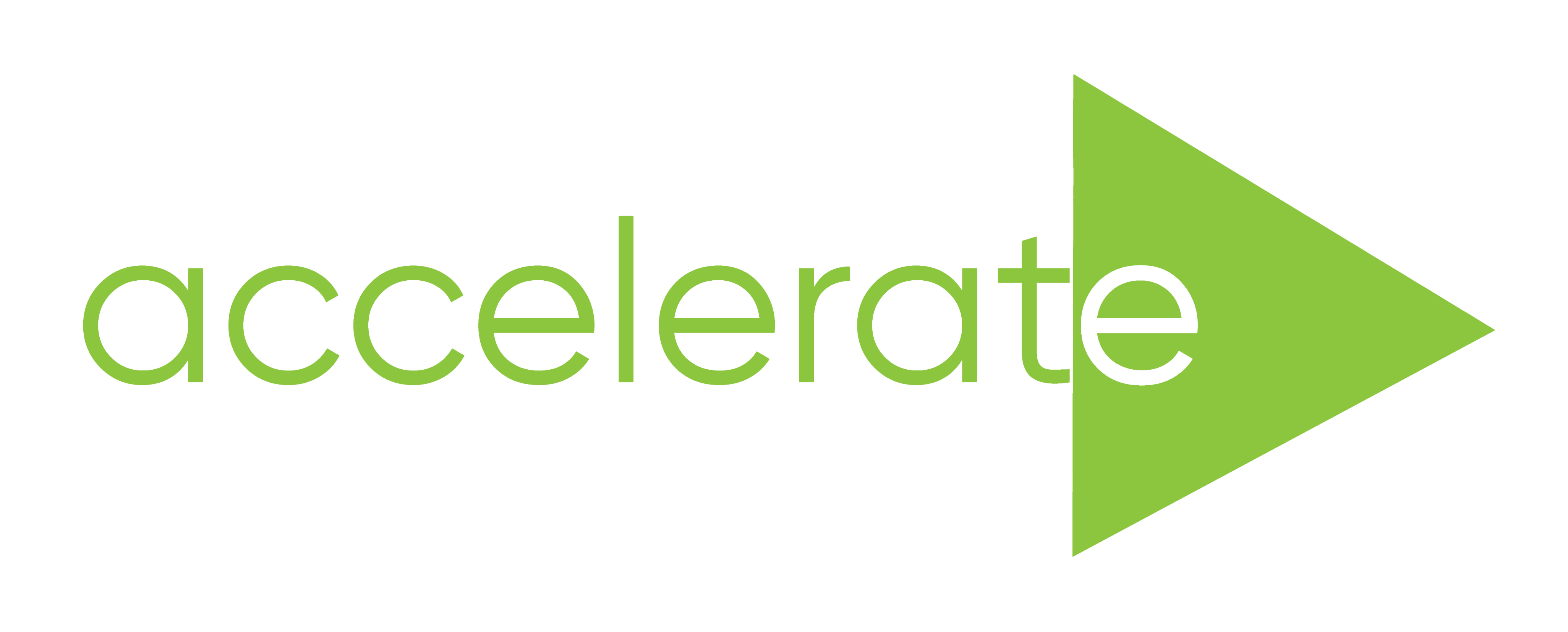The language of accessibility session was part of Accessible Pedagogies training event for Accelerate. The session introduced topics regarding what is ‘accessible’ language from a disability perspective, including what language is accessible, how language can be presented in accessible ways, and ensuring that the meaning of language recognises the ‘social model of disability’. The social model of disability argues that any barriers that disabled people may experience are due to society not being designed in accessible ways that include all people (Oliver, 2013; Shakespeare, 2017). The social model is counter to the ‘medical model of disability’, which argues that barriers encountered by disabled people can be attributed to ‘faults’ in their bodies.
After introducing and applying the social model of disability to language, the first session discussed ethics of representation in relation to disability, which refers to how disabled people are represented/included in teaching and learning, such as within research and media discourse (see Kirby, 2019 for an example). The session argued that disabled people’s voices should be heard in teaching and learning, and so, accessibility needs to be at the heart of planning to allow these voices to be heard. Where disabled people’s voices are not heard in teaching and learning, it is the responsibility of educators to ensure that accurate narratives of disability are taught and shared.
The session ended by holding discussions about how to embed accessible language in teaching and learning. The session discussed how people less familiar with disability issues may be reluctant to teach on such topics out of fear or anxiety of getting things wrong or causing offence. However, avoiding such topics means that existing barriers that disabled people face in education may remain unaddressed. The role of compassionate education was introduced as a means of addressing these anxieties. Compassion within the context of higher education focuses on being aware of the apparent suffering of an educator and/or learner, and putting educational strategies in place to alleviate this negativity (e.g. Gibbs, 2017). The session shared how a willingness to be open and vulnerable about disability anxieties in the classroom is important, as this encourages collective learning and strategies for change (Parfitt et al., 2021). For instance, it is important for teachers and learners to recognise that to ‘be’ accessible requires an openness to having classroom practices critiqued, and an understanding for ‘why’ accessibility is important for inclusive classroom practices going forward.
Biographies
Stuart Read and Tanvir Bush are both disabled activists and Research Fellows at Bath Spa University. Stuart and Tanvir both co-chair the Disabled Staff Network at Bath Spa University. They are both currently working on the Wellcome Trust-funded ‘We Are The People’ programme, which is creating a disability activist-led research network for South West England.
